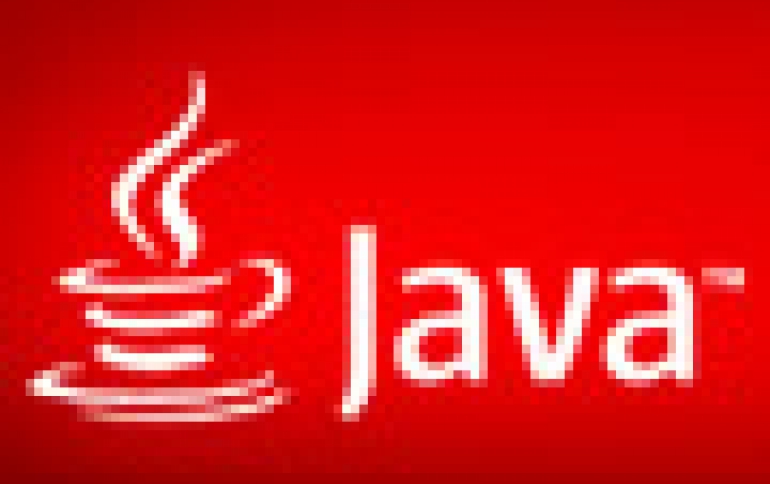
New Emergency Fix Releaseed For Java zero-day Exploit Released
Oracle on Monday released Security Alert CVE-2013-1493, to address two vulnerabilities affecting Java running in web browsers (CVE-2013-1493 and CVE-2013-0809).
These vulnerabilities may be remotely exploitable without authentication, i.e., they may be exploited over a network without the need for a username and password. For an exploit to be successful, an unsuspecting user running an affected release in a browser must visit a malicious web page that leverages these vulnerabilities.
One of these vulnerabilities (CVE-2013-1493) has recently been reported as being actively exploited by attackers to maliciously install the McRat executable onto unsuspecting users' machines. Both vulnerabilities affect the 2D component of Java SE. These vulnerabilities are not applicable to Java running on servers, standalone Java desktop applications or embedded Java applications. They also do not affect Oracle server-based software. These vulnerabilities have each received a CVSS Base Score of 10.0.
Oracle recommends that this Security Alert be applied as soon as possible. Desktop users can install this new version from java.com or through the Java autoupdate.
Oracle has recently switched Java security settings to "high" by default. This high security setting results in requiring users to expressly authorize the execution of applets which are either unsigned or are self-signed. As a result, unsuspecting users visiting malicious web sites will be notified before an applet is run and will gain the ability to deny the execution of the potentially malicious applet. In order to protect themselves, desktop users should only allow the execution of applets when they expect such applets and trust their origin.
One of these vulnerabilities (CVE-2013-1493) has recently been reported as being actively exploited by attackers to maliciously install the McRat executable onto unsuspecting users' machines. Both vulnerabilities affect the 2D component of Java SE. These vulnerabilities are not applicable to Java running on servers, standalone Java desktop applications or embedded Java applications. They also do not affect Oracle server-based software. These vulnerabilities have each received a CVSS Base Score of 10.0.
Oracle recommends that this Security Alert be applied as soon as possible. Desktop users can install this new version from java.com or through the Java autoupdate.
Oracle has recently switched Java security settings to "high" by default. This high security setting results in requiring users to expressly authorize the execution of applets which are either unsigned or are self-signed. As a result, unsuspecting users visiting malicious web sites will be notified before an applet is run and will gain the ability to deny the execution of the potentially malicious applet. In order to protect themselves, desktop users should only allow the execution of applets when they expect such applets and trust their origin.





















